PIH United States News
-
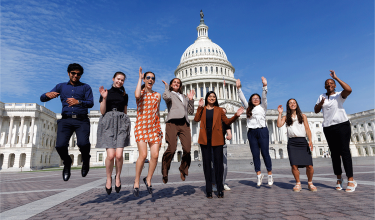
2023: A Year of Legislative Gains for the Community Health Workforce
From shaping policy at state and federal levels to championing the community health workforce, we reflect on advocacy wins from the year.
-
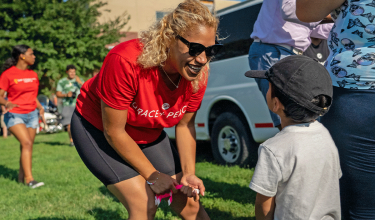
The Role of Community Health Workers in the U.S.
In the U.S., community health workers accompany individuals on their health care journey, advocate for their community’s health needs, and match individuals to essential social support, all of which are integral activities to ensure the right to health for everyone.
Aug 29, 2023
-
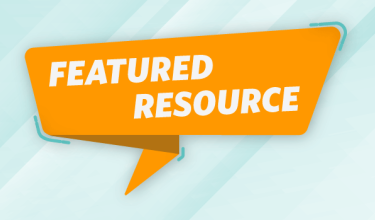
New Resource: Medicaid Financing for Community Health Workers
In a new white paper, PIH-US provides recommendations for state policy makers for creating long-term funding for community health workers.
Jun 28, 2023
-
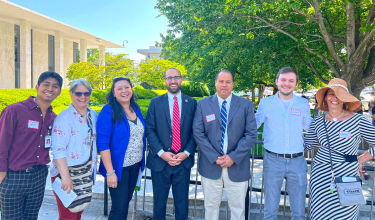
"We've got to stick together": Community health workers advocate at North Carolina capitol
Community health workers from across North Carolina gathered in Raleigh for an Advocacy Day, aiming to educate representatives and safeguard vital services
Jun 27, 2023
-
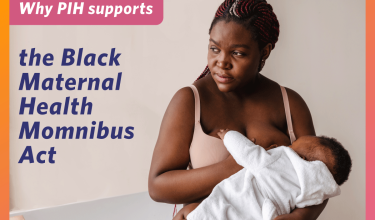
PIH Endorses Legislation to Address the U.S. Maternal Health Crisis
PIH-supported Black Maternal Health Momnibus Act calls for historic investments to end racial and ethnic disparities in maternal health outcomes
Jun 05, 2023
-
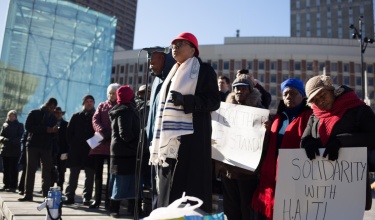
PIH Opposes U.S. Legislation that Would Continue Expulsion of Asylum Seekers
The U.S. Public Health Emergency declaration for COVID-19 lifted last week, as did Title 42, an order used to prevent migrants from seeking asylum. PIH urges legislators to respect the rights of migrants and not support new racist and xenophobic bills that would make asylum difficult for families and children.
May 15, 2023
-
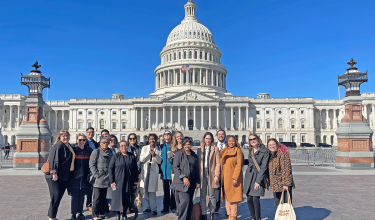
PIH-US and National Association of Community Health Workers Host Federal Briefing on Community-Based Workforce
PIH-US convenes partner organizations in an advocacy day on Capitol Hill to educate members of Congress and their staff about the critical role of community health workers and promotoras in the U.S.
Mar 28, 2023
-
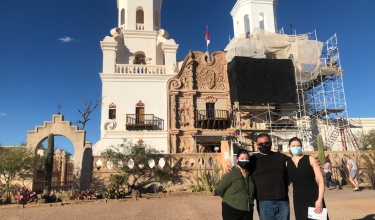
Manny Montano: Charting a life of service
Manny Montano discusses responding to COVID-19 and leading by example.
Mar 22, 2023
-
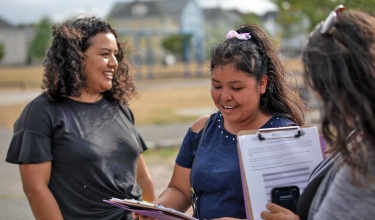
Putting Community Health Front and Center in Massachusetts
A team of 12 community health workers in New Bedford, Mass., showed up at fisheries and markets, shopping areas and public spaces to conduct community health surveys and assess gaps in health care access among residents of Guatemalan descent.
Feb 28, 2023
-
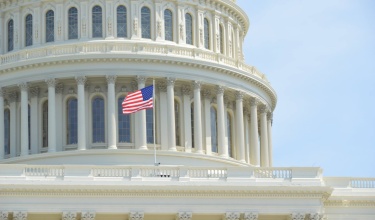
New APHA Policy Endorses Community Health Workers as Critical to Advancing Racial Equity
PIH-US endorses policy statement recognizing community health workers as solution for addressing structural racism and violence prevention.
Feb 08, 2023
-
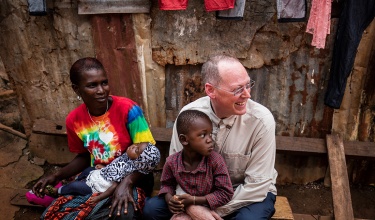
Our Most-Read, Watched, and Shared Posts of 2022
Our top blog stories, social posts, and videos covered the legacy of Dr. Paul Farmer, emergency response, and more
Dec 02, 2022
-
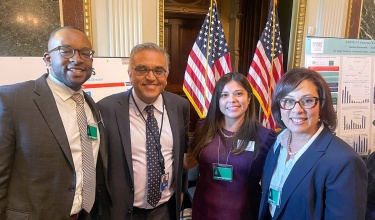
PIH-US Presents at White House Summit on COVID-19 Equity and What Works Showcase
In November, PIH-US was invited to represent the Chicagoland Vaccine Partnership at the White House’s Summit on COVID-19 Equity and What Works Showcase.
Dec 01, 2022
-
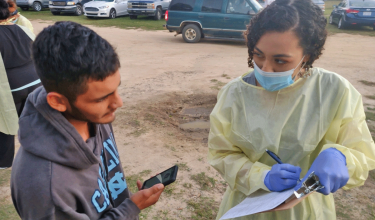
Yesenia Cuello: Protecting The Rights Of Farmworkers
Yesenia Cuello is the executive director of NC Field, a community-based organization that supports North Carolina’s farmworker community and a partner to PIH-US, the U.S. arm of Partners In Health focused on accompanying local leaders to build strong, community-led health systems.
Aug 30, 2022
-
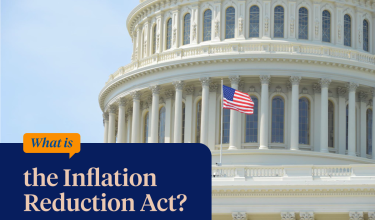
What You Need to Know about the Inflation Reduction Act
The Inflation Reduction Act includes key provisions that will make health care more affordable in the United States, which PIH applauds and has advocated strongly for over the past year.
Aug 17, 2022
-
Op-Ed: While U.S. Moves on from COVID-19, Local Leaders Left to Pick Up the Slack
In the absence of a cohesive and comprehensive federal plan, local health departments, community-based organizations, and others across the country are stepping up to assume the responsibility of accompanying their communities through this new phase of COVID-19, just as they have throughout the entire pandemic.
Jul 01, 2022
-

In Pima County, Arizona, Libraries Offer More Than Books
From food boxes to COVID-19 test kits, libraries provide health services to the community.
Apr 27, 2022
-

Giving County Health Leaders the Right Data to Boost COVID-19 Vaccination Rates
Leveraging granular data to improve COVID-19 vaccination coverage in Pima County, Arizona.
Mar 30, 2022
-
Community Health Workers Fill a Crucial Gap in the U.S Public Health Workforce
PIH helps bolster equity-centered public health systems by supporting community health workers, from those who revolutionized care for HIV/AIDS and TB patients in Haiti to those providing social support across the United States.
Feb 19, 2022
-

Advancing Antiracist Efforts to Improve an Unequal Health System
In a Boston Globe op-ed, Partners In Health leaders support antiracist efforts by colleagues seeking greater equity in medical care.
Feb 11, 2022
-

NPR Interview: Katie Bollbach Discusses Creating A More Equitable Public Health System
Katie Bollbach speaks with NPR about what the U.S. public health system can learn from best practices in low-income countries, and the challenges of doing this work in America.
Jan 11, 2022